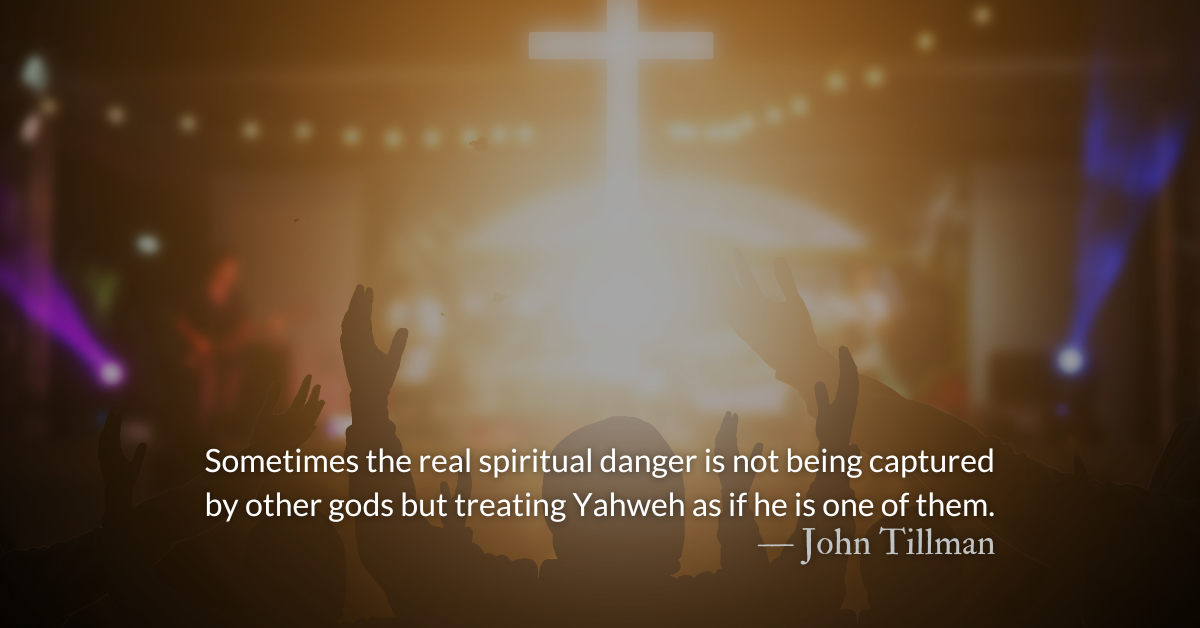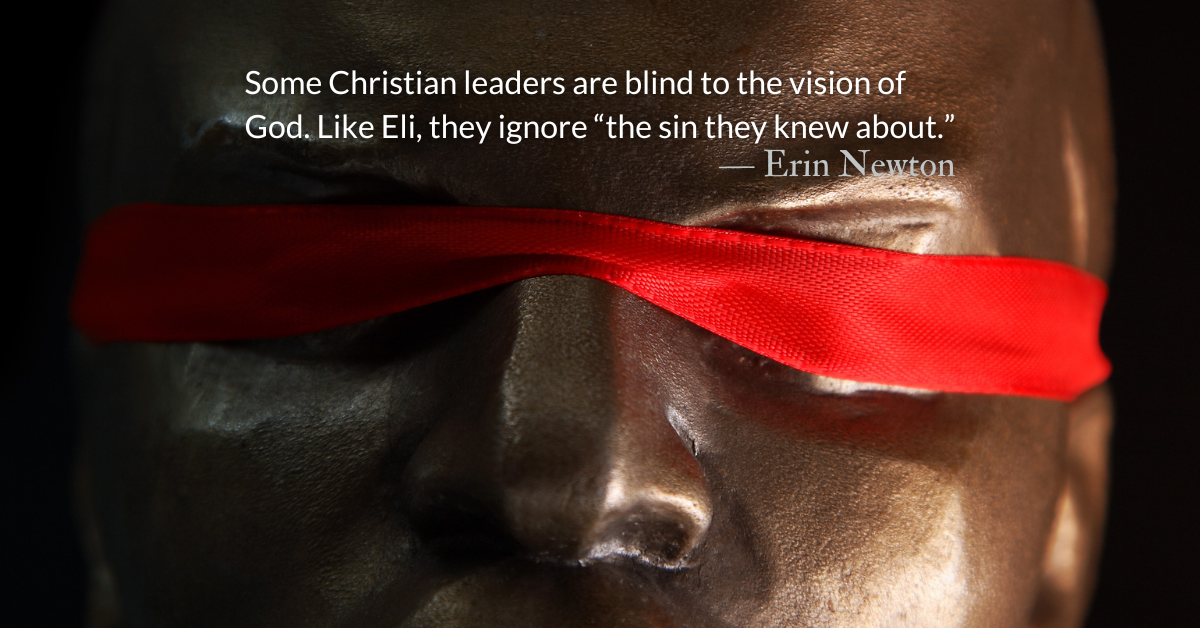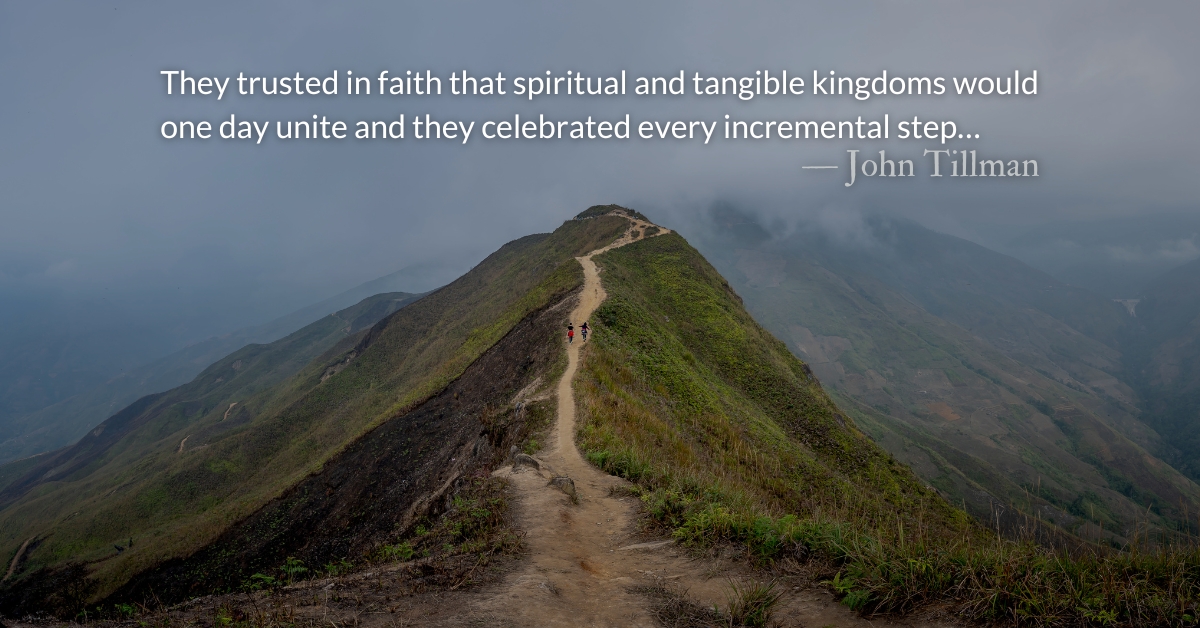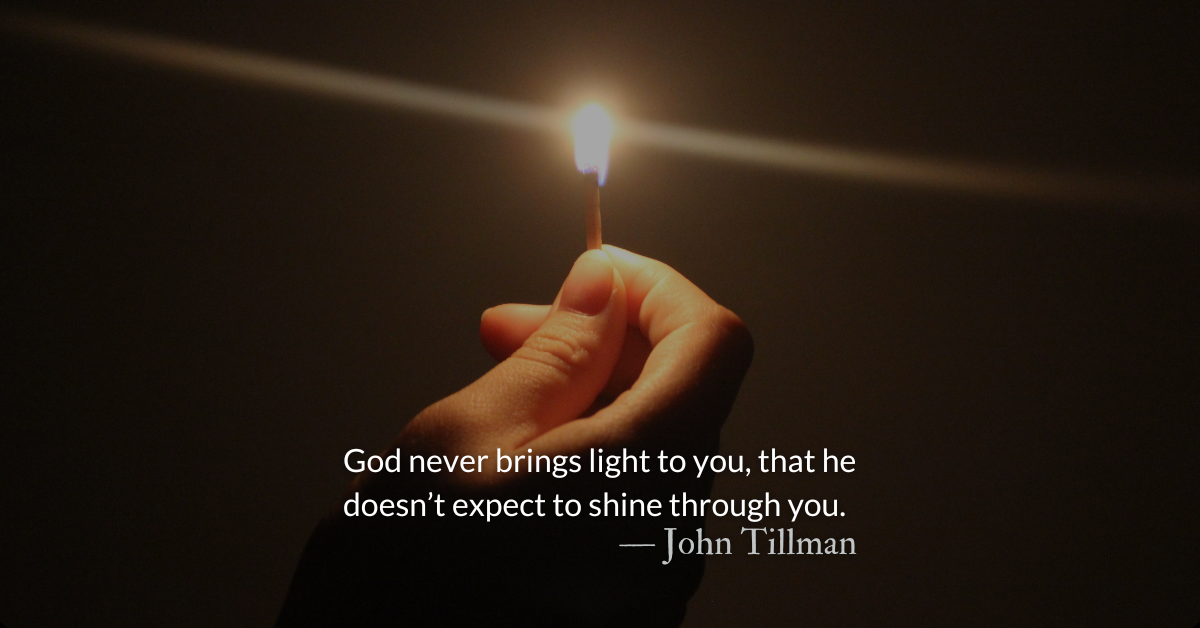Links for today’s readings:
Read: 1 Samuel 5-6 Listen: (6:03) Read: 2 Timothy 3 Listen: (2:21)
Links for this weekend’s readings:
Read: 1 Samuel 7-8 Listen: (8:34) Read: 2 Timothy 4 Listen: (2:48)
Read: 1 Samuel 9 Listen: (4:42) Read: 2 Peter 1 Listen: (3:06)
Scripture Focus: 1 Samuel 5.7-12
7 When the people of Ashdod saw what was happening, they said, “The ark of the god of Israel must not stay here with us, because his hand is heavy on us and on Dagon our god.” 8 So they called together all the rulers of the Philistines and asked them, “What shall we do with the ark of the god of Israel?” They answered, “Have the ark of the god of Israel moved to Gath.” So they moved the ark of the God of Israel. 9 But after they had moved it, the Lord’s hand was against that city, throwing it into a great panic. He afflicted the people of the city, both young and old, with an outbreak of tumors. 10 So they sent the ark of God to Ekron. As the ark of God was entering Ekron, the people of Ekron cried out, “They have brought the ark of the god of Israel around to us to kill us and our people.” 11 So they called together all the rulers of the Philistines and said, “Send the ark of the god of Israel away; let it go back to its own place, or it will kill us and our people.” For death had filled the city with panic; God’s hand was very heavy on it. 12 Those who did not die were afflicted with tumors, and the outcry of the city went up to heaven.
1 Samuel 6.6
6 Why do you harden your hearts as the Egyptians and Pharaoh did? When Israel’s god dealt harshly with them, did they not send the Israelites out so they could go on their way?
Reflection: Not Plagues but Presence
By John Tillman
In Raiders of the Lost Ark, Nazis captured the ark to take to their capital, Berlin, as a prize (and hopefully a weapon) for Hitler. In today’s passage, the Philistines captured the ark, and took it to Ashdod, their capital, as a prize for their god, Dagon.
The only biblically accurate part of Raiders’ is that plagues strike those who captured the ark. In the film, a mysterious power burns off the Nazi symbols stamped on the ark’s crate. In Ashdod, the idol of Dagon was repeatedly toppled until his head and hands were broken off. In the film, those who look into the Ark are burned up. In Ashdod and other Philistine cities, people died from tumors and rats.
Eventually, the Philistines realize they are suffering plagues just like Egypt when they held Israel captive. To stop the plagues, Egypt let Israel go, sending them out with gifts of gold. To stop their plagues, the Philistines let the ark go, sending it out with gifts of gold. Through the Egyptian and Philistine plagues, God redeemed from captivity a people, Israel, and an object, the ark, which represented his presence.
To Egypt and the Philistines, God’s presence was a terror and a plague because they partnered with sin and death. His hand was “heavy,” bringing them death and destruction. To Israel, God’s presence was a joy. His hand sustained them, lifting them up and providing for them. The difference was being inside the covenant or outside the covenant—a partner of life or a partner of death.
As Christians, we are redeemed to represent the presence of Jesus. The curtain to the mercy seat, the throne of God, is open. The Holy Spirit abides with us. In a very real way, we take the presence of God with us wherever we go.
Just as Israel was held responsible for properly carrying and representing God’s presence, we are responsible for carrying the cross of Christ and representing him. When Israel failed to represent and respect God, they lost the ark and God’s presence. The glory departed. (1 Samuel 4.20-22)
How are you ensuring that you respect and represent the presence of Jesus to those around you? We are not called to bring plagues but God’s presence. To those under the heavy hand of sin and death, we bring an invitation to be redeemed from plagues and join the blessings of Christ.
Divine Hours Prayer: The Call to Prayer
Love the Lord, all you who worship him; the Lord protects the faithful, but repays to the full those who act haughtily. — Psalm 31.23
– Divine Hours prayers from The Divine Hours: Prayers for Summer
by Phyllis Tickle
Read more: Seduced by Corn Kings
Corn kings promised profit and growth through fertility and harvest. Baal is a god of this type.
Read The Bible With Us
Our Bible reading plan immerses you in the Bible at a sustainable, two-year pace. Go deeper with God’s word.






